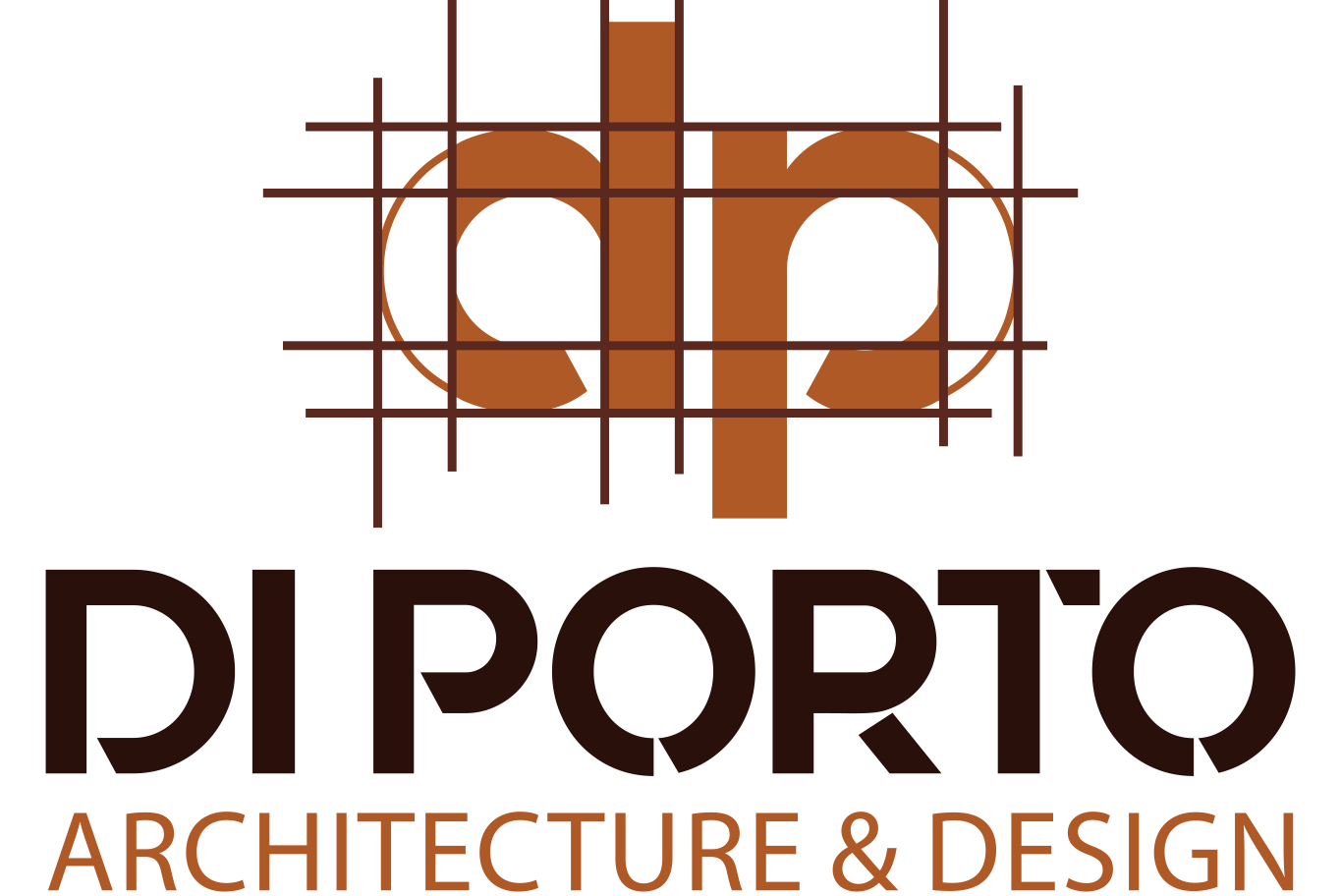It isn’t easy to answer whether or not science is useful. Scientists are frequently encouraged to pursue their passions but this can lead to research focusing on a wide range of subjects -some of which might not be of any benefit to society. For instance, a major aspect of science is the creation of theories and making predictions that can be testable. These discoveries are often used in the development of new technologies, like medical devices, drugs and renewable energy sources.
To be of value, science should also solve problems and issues that impact human wellbeing. This requires collaboration with key stakeholders to determine their needs, establish objectives and formulate plans that address those requirements. Many research initiatives lack this kind of collaboration and instead, they focus on advancing research without a direct connection to society. In addition the impact of research is usually not evaluated and monitored in an effective manner.
There are a variety of strategies that have been developed to create usable science, including translational ecology (TE), which emphasizes the necessity of scientists to be able to anticipate why you should pursue a degree in physics and respond to the research context. TE emphasizes the importance of involving end users in a meaningful manner throughout the research process and encouraging decision-making based on learning like adaptive management.
Students often find it difficult to select a topic that is both fascinating as well being scholarly, especially when professors place time constraints on their students. The list of simple science research topics will help students select an area that will impress their professors and provide valuable information to the scientific community.

Lascia un commento